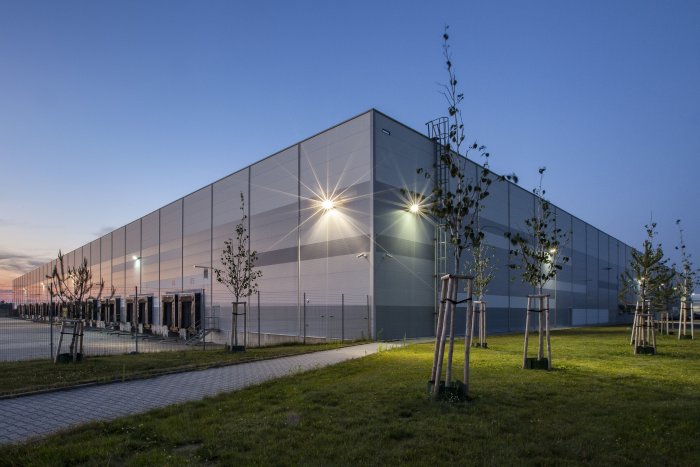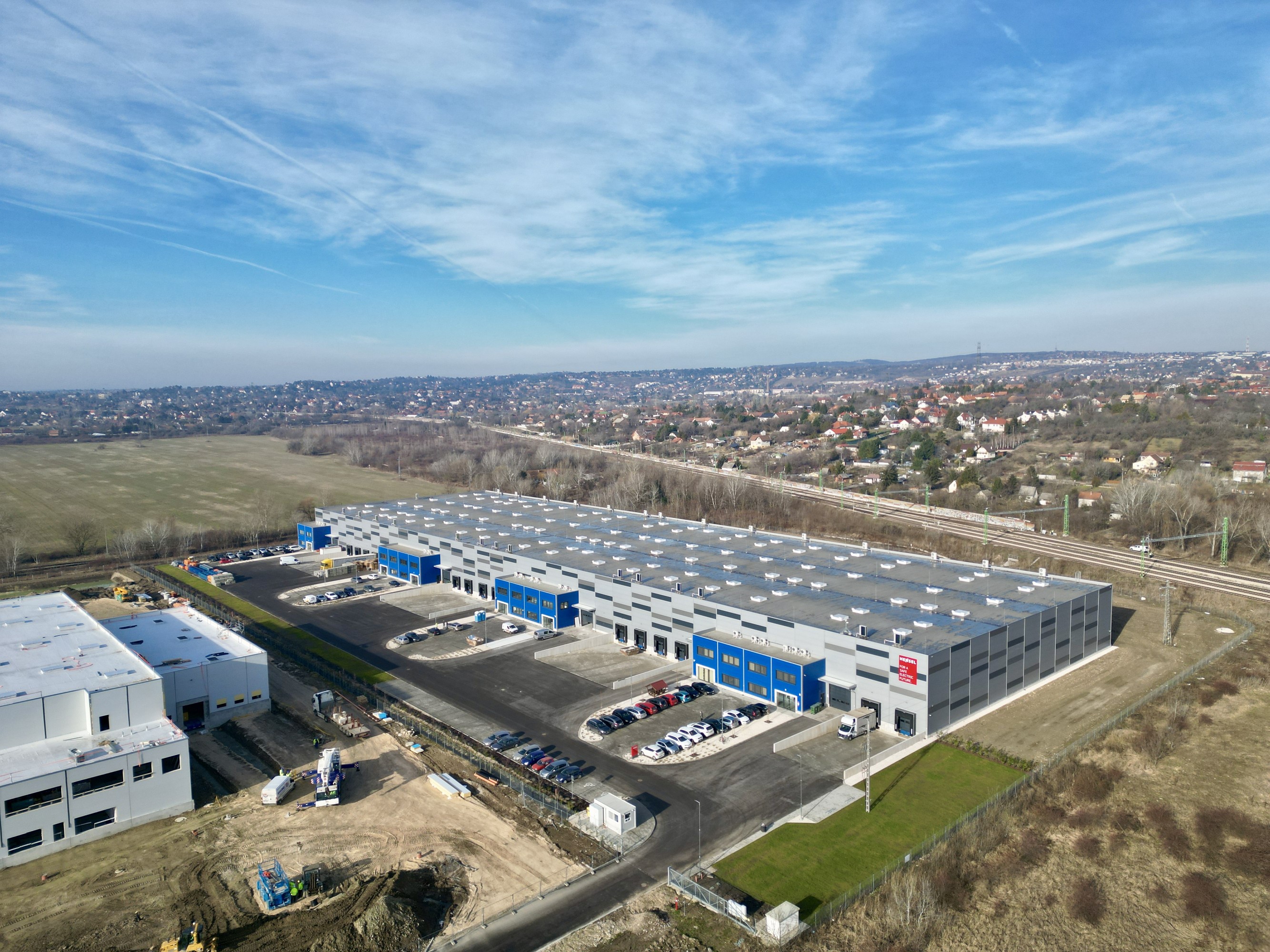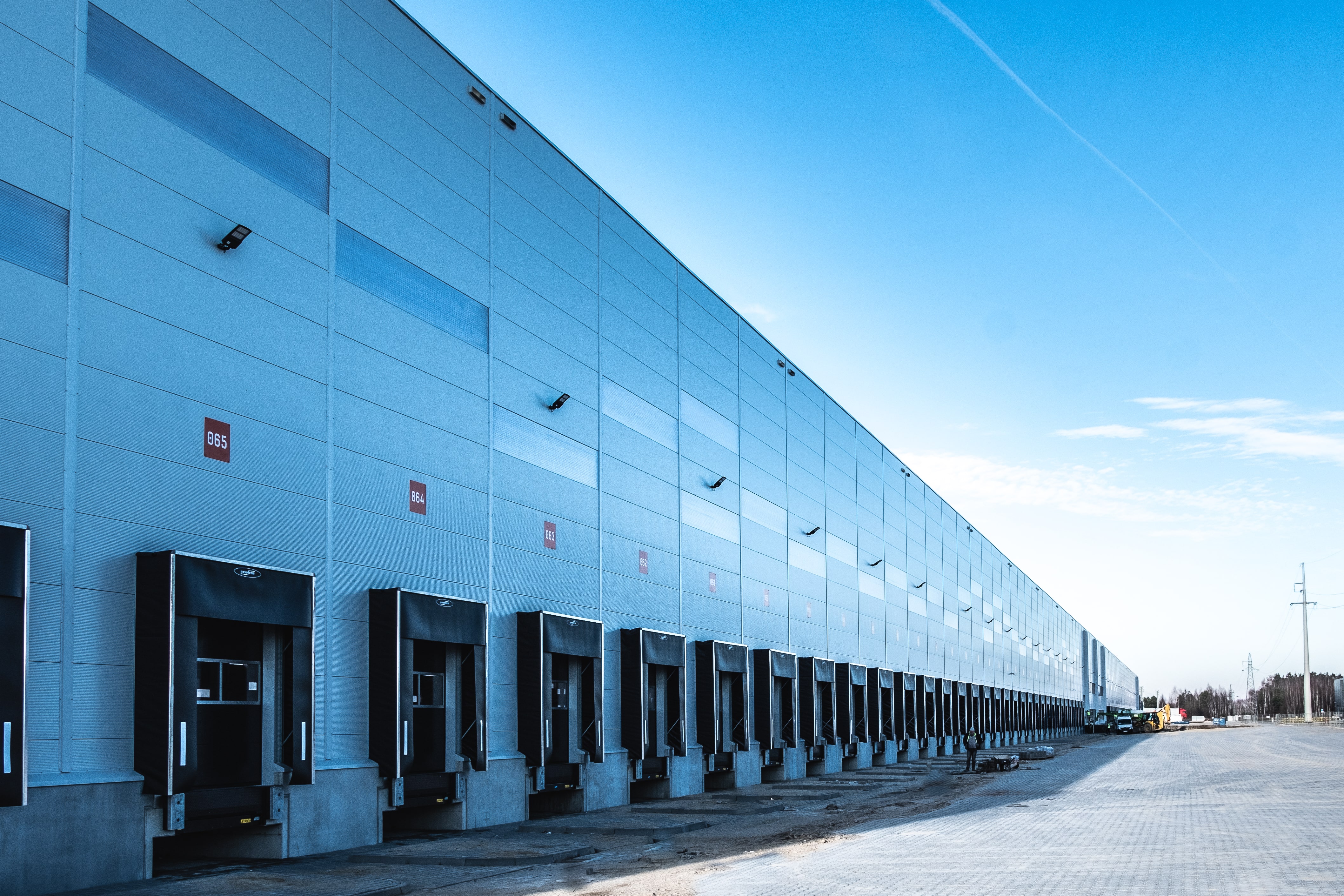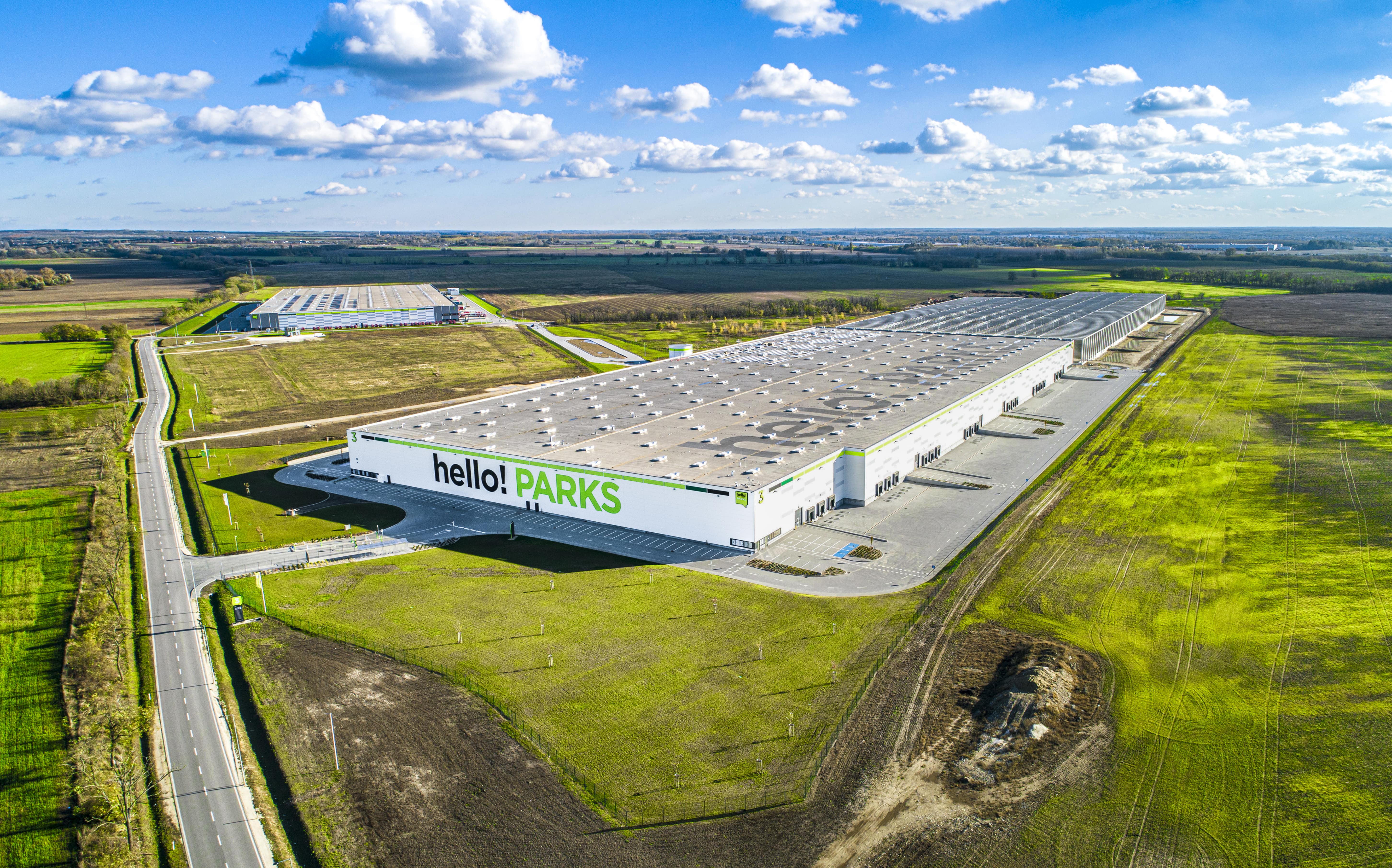Little Industrial Supply Meeting Strong Demand

The Budapest industrial market suffers from limited development, with a lower supply recorded than in other Central European markets at 127,000 sqm in Hungary last year.
CTPark Belgrade West.
Development of the Budapest market is continuing to be impeded by a limited supply of space. Take-up for 2018 was 378,00 sqm, according to Cushman & Wakefield, but the low availability of contiguous industrial space in the Budapest area and rising demand has resulted in record low vacancy rates of 2.4%, the lowest in Central Europe in a market with a total stock of 2.18 million sqm.
The Central European industrial and logistics market is continuing to record high demand, reflecting the positive indicators in the wider European industrial markets; take-up in Poland was close to four million sqm in 2018 and more than 1.3 million sqm for Czech Republic.
Total Central European industrial stock has surpassed the 27 million sqm threshold and the region (Czech Republic, Hungary, Poland, Romania and Slovakia) has low vacancy of below 5% in most markets.
In the current market environment with high demand and low availability, companies requiring space need to plan far ahead. At the same time, developers are now committed to delivering higher specified and sustainability accredited space in response to market and environmental demands.
“The lack of available warehouse space around Budapest and the rising cost of construction has put pressure on rents and this has resulted in a 13% year-on-year growth,” commented Cushman & Wakefield.
Rents for Budapest have risen year-on-year from EUR 3.75 per sqm per month to EUR 4.25 as of the fourth quarter of 2018. This compares to EUR 4.25 for Czech Republic and EUR 3.8 for Poland, according to C&W.
Dominating Central Europe
Poland and Czech Republic continue to be the dominant CE markets: supply for 2018 was around 2.2 million sqm and 735,000 sqm, respectively, according to data from C&W. The Romania industrial market is also attracting significant development, with an estimated 435,000 sqm of new supply for 2018. Last year Poland passed a new milestone as industrial stock stood at 14 million sqm.
With regard to supply, the leading CEE logistics park operator and developer, CTP has hit the five million sqm mark in Central Europe.
“We have been working on buying strategically located land in the five capitals of the countries in which we operate. In Budapest we are now able to offer warehouse properties all around the city,” said CTP.
With these low vacancy rates some leading developers are moving towards the speculative development option in established logistics parks. However, in the current landlord favorable market, the majority of development is undertaken on a BTS basis as developers are quickly able to conclude deals for available development space. Developers are known to be land banking and waiting to see the possibilities in assessing their speculative development options.
“The difference between BTS and speculative is a bit misleading nowadays, as most of the delivery is taken by tenants at the planning stage or during the construction phase. So there is not as much typical speculative construction as there was in the past. Bearing in mind the very low vacancy, speculative development is not a focus nowadays,” commented Ferdinand Hlobil head of CEE industrial at Cushman & Wakefield.
In contrast to Poland, Czech Republic, Romania and Slovakia, a functioning commercial industrial market has not developed outside the capital in Hungary and companies establishing light industrial facilities have tended to develop their own buildings. Therefore figures are recorded for Budapest as opposed to country-wide statistics in other markets in the region. However companies establishing production units in regional cities could act as magnets for logistics centers in Hungarian regional cities.
SUPPORT THE BUDAPEST BUSINESS JOURNAL
Producing journalism that is worthy of the name is a costly business. For 27 years, the publishers, editors and reporters of the Budapest Business Journal have striven to bring you business news that works, information that you can trust, that is factual, accurate and presented without fear or favor.
Newspaper organizations across the globe have struggled to find a business model that allows them to continue to excel, without compromising their ability to perform. Most recently, some have experimented with the idea of involving their most important stakeholders, their readers.
We would like to offer that same opportunity to our readers. We would like to invite you to help us deliver the quality business journalism you require. Hit our Support the BBJ button and you can choose the how much and how often you send us your contributions.








